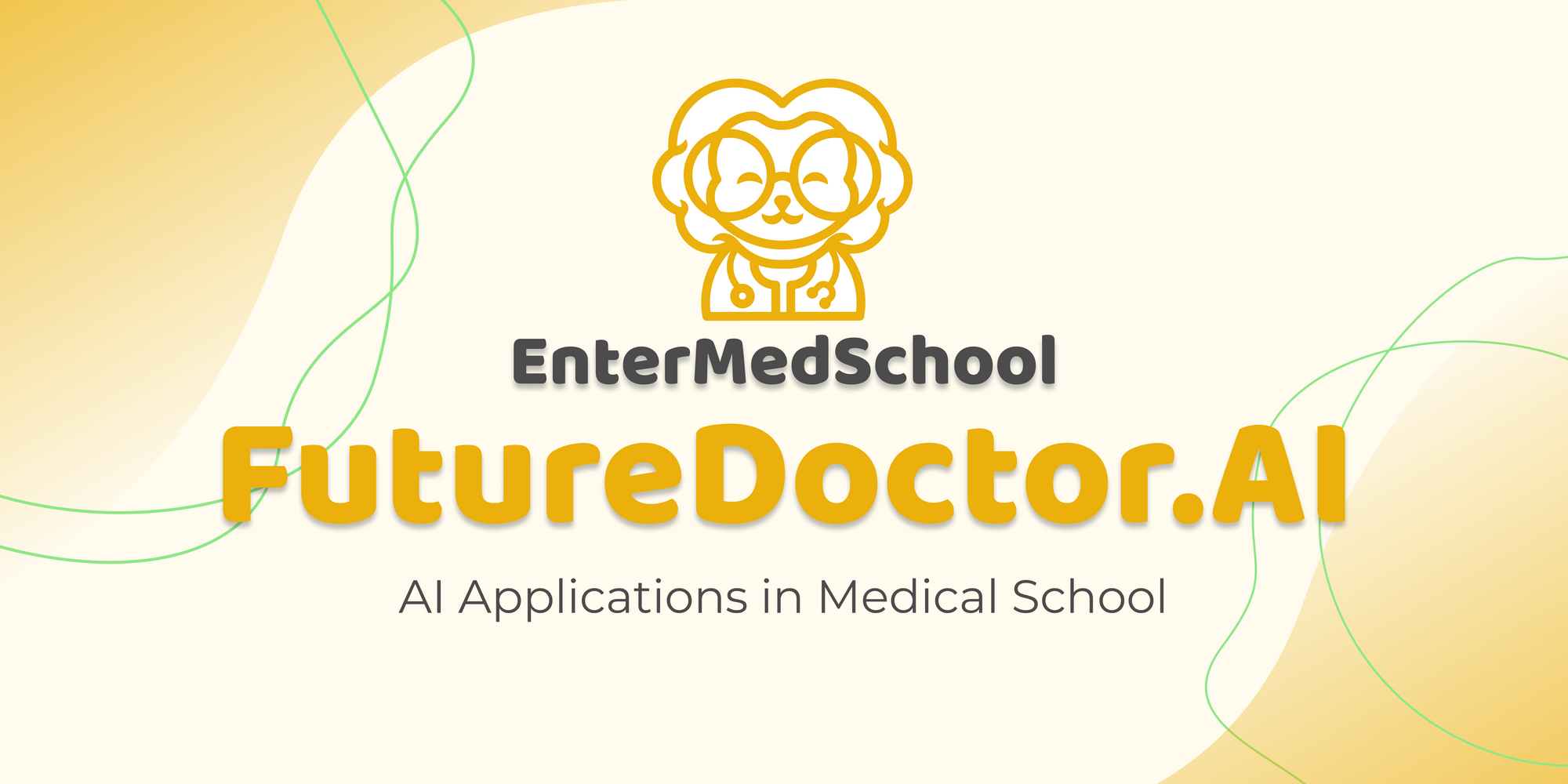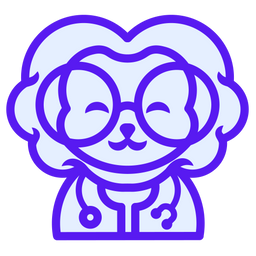Education is one of the cornerstones of modern society. Universities have been the traditional hub of knowledge for decades, providing students with expert guidance and mentorship. However, the rise of artificial intelligence (AI) has raised questions about the future of higher education. With AI-powered tools such as ChatGPT becoming increasingly sophisticated, it is possible to imagine a world where intelligent machines replace university professors.
The potential benefits of such a shift are numerous. AI tools can be customized to suit students' individual needs, considering their learning disabilities, strengths, and preferences. They can provide personalized feedback and guidance, helping students to achieve their full potential. AI tools can also help bridge the gap between theory and practice, creating engaging and immersive learning experiences that are impossible with traditional teaching methods.

However, there are also concerns about the impact of AI on higher education. One of the key issues is the question of whether AI can truly replicate the skills and knowledge of a human professor. While AI has made significant strides in recent years, it still lacks the nuanced communication skills, empathy, and interpersonal skills essential to effective teaching. There are also ethical considerations to take into account, such as the impact on employment and job security, as well as concerns about bias and privacy.
This article will explore the advantages and disadvantages of using AI in higher education and consider the future outlook for this technology. We will examine the limitations of AI, the pedagogical methods used by AI and human professors, and the ethical implications of using AI in education. Ultimately, we will seek to answer the question: Will AI replace university professors, or will human educators continue to play a vital role in higher education?
The COVID-University Effect
The COVID-19 pandemic has forced universities and students around the world to adapt to new ways of teaching and learning. While the pandemic has been a significant challenge for higher education, it has also demonstrated that learning and studying from home is possible. In fact, some universities have offered entire diploma courses online, proving that traditional classroom learning is not the only way to receive a quality education.
One of the benefits of online learning is the ability to record lectures and other teaching materials, which students can use to review content and catch up on missed classes. Professors can also reuse their recorded lectures from previous years, which frees up more time for them to focus on clinical aspects, real-life applications, and personalized guidance. This can be a valuable tool for professors and students alike, allowing them to focus on what is most important.
Before the pandemic, platforms like YouTube had already demonstrated that many high-quality tutors and educators were available online. Sometimes, these tutors can teach material better than a traditional university professor. With the rise of AI-powered tools like ChatGPT, it is clear that technology is changing how we learn and teach. ChatGPT has attracted millions of users in just a few months, demonstrating a real demand for personalized learning and innovative educational tools.
Imagine an AI-powered tool that analyzes your neurological responses to different teaching methods, and then creates a personalized playlist of videos, flashcards, and other materials that are most likely to resonate with you.
As technology continues to advance, we can imagine a world where AI-powered tools like Text to Video AI, Text to speech AI, Neurological Analysis AI, and Psychological evaluations AI are all combined to create personalized playlists, notes, flashcards, and other materials tailored to the needs of individual students. Imagine being able to learn the same material most efficiently for you, based on your learning style, strengths, and weaknesses.
This personalized learning experience would be a far cry from the traditional classroom setting, where professors typically use the same set of slides and teach the same material year after year. With AI, it is possible to create a more engaging and interactive learning experience tailored to each student's individual needs.
For example, imagine an AI-powered tool that analyzes your neurological responses to different teaching methods and then creates a personalized playlist of videos, flashcards, and other materials most likely to resonate with you. Or imagine an AI that evaluates your psychological profile and tailors the material to suit your needs and learning preferences best. With AI, the possibilities for personalized learning are endless.

Ultimately, education aims to provide students with the knowledge and skills they need to succeed in life. By embracing the potential of AI in education, we can create a future where learning is more engaging, efficient, and effective. With personalized learning experiences tailored to each student's needs, we can help more people achieve their full potential, regardless of their background, abilities, or learning styles.
Ego Is The Enemy
In higher education, ego can often be a significant challenge when it comes to embracing new technology and innovative teaching methods. Professors and educators may resist this change, particularly if it means ceding control to AI-powered tools. This can be especially true for tenured professors, who may feel that their status and expertise are being threatened by new technology.
One of the main problems with ego in higher education is that it can prevent progress and stifle innovation. When professors are resistant to change, they may be less likely to explore new teaching methods, technologies, and techniques that could improve the learning experience for their students. This can lead to a stagnant and uninspiring learning environment, which can have negative consequences for students and the education system as a whole.
Another problem with ego in higher education is that it usually lead to a "one-size-fits-all" approach to teaching. When professors refuse to adapt to new technologies and teaching methods, they may be more likely to rely on traditional lectures and teaching materials, which may not be effective for all students. This can create a significant disadvantage for students who may have learning disabilities, different learning styles, or who are simply not engaged by traditional teaching methods.
It is important to remember that not all professors resist change, and many are eager to explore new technologies and teaching methods. However, it is also true that ego can be a significant obstacle to progress in higher education. In order to overcome this challenge, it is essential to create a culture of innovation and openness to new ideas, where educators are encouraged to experiment with new technologies and teaching methods and where the focus is on creating the best possible learning experience for students.
Why Professors Should Embrace This Change
While it is natural to be hesitant about new technology, there are many reasons why professors should embrace the potential of AI in education. One of the most compelling reasons is that it will allow professors to focus on the human-only traits of teaching, while leaving the technical aspects to the AI-powered tools.
With an AI-powered tool that acts as a personalized professor for each student, professors will be able to focus on more interactive and engaging teaching methods. They will be able to share their experiences from the hospital and discuss real clinical cases, motivate and excite students to keep learning, monitor their progress, connect with them, and allow them to ask questions in class. This will create a more personalized, engaging, and effective learning experience for students, which will ultimately benefit both the students and the professors.
Another reason why professors should embrace AI in education is that it can help to alleviate some of the stress and tedium associated with teaching the same material year after year. By using AI-powered tools to teach the technical aspects of the material, professors can focus on more creative and innovative ways of engaging with their students. This can help reduce burnout and increase motivation for professors and students alike.
In addition, AI-powered tools can provide professors with valuable data and insights into student learning and performance. This can help professors to identify areas where students may be struggling and provide targeted support to help them succeed. It can also help to identify areas where teaching methods may need to be adjusted to meet the needs of individual students better.
In conclusion, there are many reasons why professors should embrace the potential of AI in education. The potential benefits of AI in education are vast from creating a more engaging and personalized learning experience for students, alleviating stress and burnout for professors, and providing valuable data and insights into student learning and performance.
By being open to new ideas and embracing the potential of AI-powered tools, we can create a brighter and more innovative future for learning and teaching.
Final Thoughts
In conclusion, the potential of AI in education is vast, with the ability to provide personalized and efficient learning experiences that were not possible before. However, with great potential comes great responsibility. The ethical concerns associated with AI in education, such as perpetuating biases, invasion of privacy, and loss of jobs, must be taken seriously.
To avoid these potential pitfalls, it is necessary to create a culture of innovation and openness to new ideas, where educators and students are encouraged to experiment with new technologies and teaching methods while considering the potential ethical implications. It is important to ensure that AI-powered tools are designed with accessibility and fairness, that student data is protected, and that educators are supported through any transitions to new technologies or teaching methods.
By striking a balance between innovation and responsibility, we can create a brighter and more innovative future for learning and teaching that benefits all students, regardless of their background or learning abilities.
